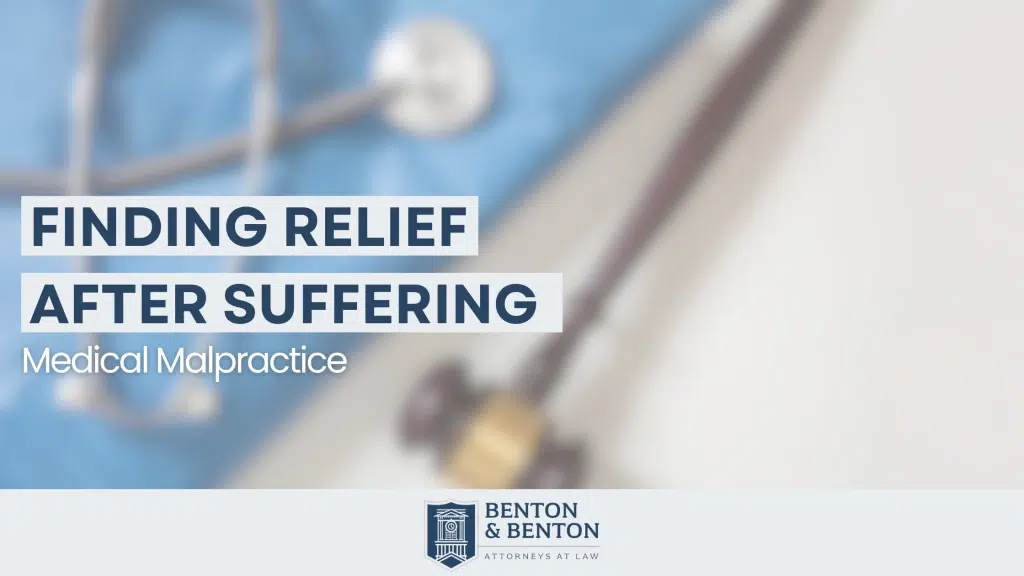Medical professionals go through specialized training to provide the best possible care for their patients and are vetted by educational institutions and medical boards. However, no matter how much education a medical professional goes through, they’re still human, and their negligence can lead to devastating consequences. Medical malpractice occurs when a healthcare provider deviates from the standard of care, leading to patient harm. Victims of such negligence have the right to seek compensation for their injuries and losses. Understanding medical malpractice and how to respond if you believe you’re a victim is the first step toward seeking justice and relief.
How to Identify Medical Malpractice
Medical malpractice involves more than just a bad outcome in medical treatment. It occurs when a healthcare professional, through a negligent act or omission, causes harm to a patient. This can include errors in diagnosis, treatment, aftercare, or health management. For a medical malpractice claim to be valid, it must be shown that the healthcare provider’s actions deviated from the accepted standard of care in the medical community and directly caused harm to the patient.
If you suspect you’re a victim of medical malpractice, it’s crucial to document every interaction related to your care. Start by keeping a detailed journal of all medical appointments, noting dates, times, and the names of healthcare professionals involved, as well as what was discussed or performed. Request complete copies of your medical records under the Health Insurance Portability and Accountability Act (HIPAA) to have a full account of your treatment and care.
Documenting Your Experience
Documenting symptoms and treatment effects is essential. Keep a record of your symptoms, how they evolve, and their impact on your daily life. Save all correspondence related to your medical care, including emails and letters, and keep receipts for medications and treatments. Photographs of visible injuries or conditions can serve as compelling evidence of your experience.
Witness accounts are also invaluable. Note the names and contact information of anyone who can support your account of the care received and its effects. In today’s digital world, many interactions with healthcare providers are recorded online or through text messages. Save and print these communications to provide a timestamped record of your interactions.
Always seek legal guidance as soon as possible to act within the statute of limitations. A personal injury attorney with experience in medical malpractice can offer guidance on documenting your case and can help obtain and preserve necessary medical records and evidence. This professional support is vital in building a strong legal claim.
Taking Legal Action
Initiating a medical malpractice claim involves more than just filing paperwork. It requires creating a detailed narrative of your experience supported by documented evidence and expert testimony. This narrative is crucial in demonstrating that medical negligence occurred and resulted in harm. Your legal team will use this information to establish liability, prove negligence, and secure the compensation you deserve.
If you believe you have been a victim of medical malpractice, taking immediate steps to document your experience and seeking legal counsel can greatly enhance your chances of a successful claim. The Benton & Benton, LLC team appreciates and sympathizes with the challenges and emotional toll of facing medical malpractice. Our dedicated team is committed to guiding you through the legal process, offering support, and fighting for the compensation you deserve. If you need help navigating the aftermath of medical malpractice, schedule a consultation with us. Together, we can work toward the justice and healing you need to move forward.

 Call Us Now
Call Us Now Email Us Now
Email Us Now
